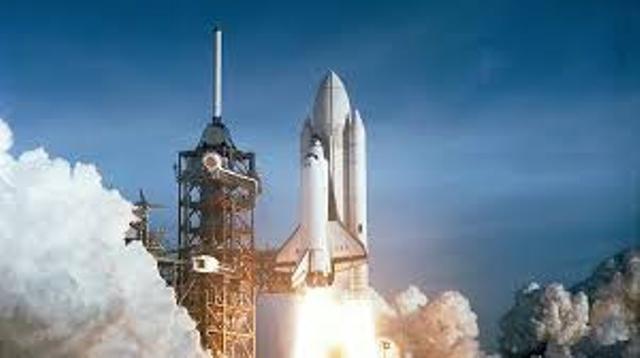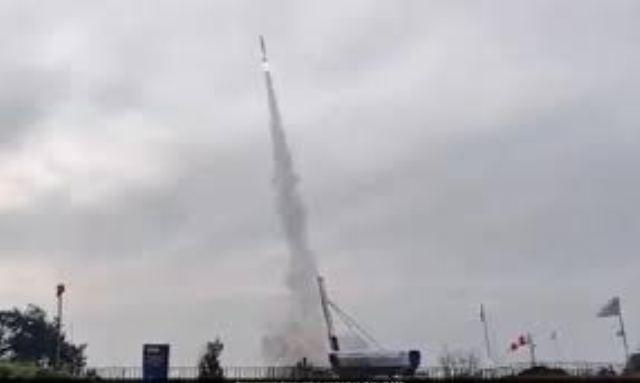Chennai: A reusable hybrid rocket is set to launch from the shores of Chennai on August 24, deploying three CubeSats and 50 PICO satellites into sub-orbit to monitor and gather atmospheric data.
Space Zone India, a Chennai-based startup responsible for the rocket’s creation, has announced that this will mark India’s first reusable hybrid rocket. This innovation merges the benefits of liquid and solid fuel propulsion systems to enhance efficiency and cut operational costs. The initiative, dubbed ‘Mission Rhumi -2024,’ was overseen by Mylswamy Annadurai, the former ISRO director known as the Moon Man of India.
Anand Megalingam, CEO of Space Zone India, informed TNIE that the launch is scheduled for 7 am at TTDC Ground on East Coast Road. “The launch will be conducted from a mobile hydraulic launcher mounted on a truck. We have secured all necessary clearances from government entities, including NOCs from the Director-General of Civil Aviation, Air Force Tambaram, and the Airport Authority of India. The Notice to Airmen (NOTAM) procedure has also been initiated,” he said.
Megalingam elaborated on the benefits of hybrid rockets, noting, “Hybrid rockets employ a distinct oxidizer tank, which in this case contains semi-cryogenic nitrous oxide chilled to -80°C. The oxidizer is kept separate from the solid wax fuel until ignition, which enhances safety. The solid wax fuel, stored in another tank, only mixes with the oxidizer during combustion. This separation greatly diminishes the risk of accidental explosion, rendering hybrid rockets substantially safer than entirely solid or liquid variants.”
Regarding reusability, he mentioned that the mission is eco-friendly, with 70% of the rocket’s 80-kg components being recoverable for subsequent missions.
Approximately 5,000 students, predominantly from government schools, received training and practical experience in rocketry and satellite assembly as part of this mission.
The trio of cube satellites is engineered to observe and gather data on atmospheric conditions, encompassing cosmic radiation intensity, UV radiation levels, and air quality, among others. Meanwhile, the 50 PICO satellites are tasked with examining different facets of atmospheric conditions, including vibration, accelerometer metrics, ozone concentrations, and toxic substances. “Sharing this data with students will broaden their comprehension of environmental dynamics,” stated Megalingam. The initiative receives financial backing from the Martin Group, located in Coimbatore.


















